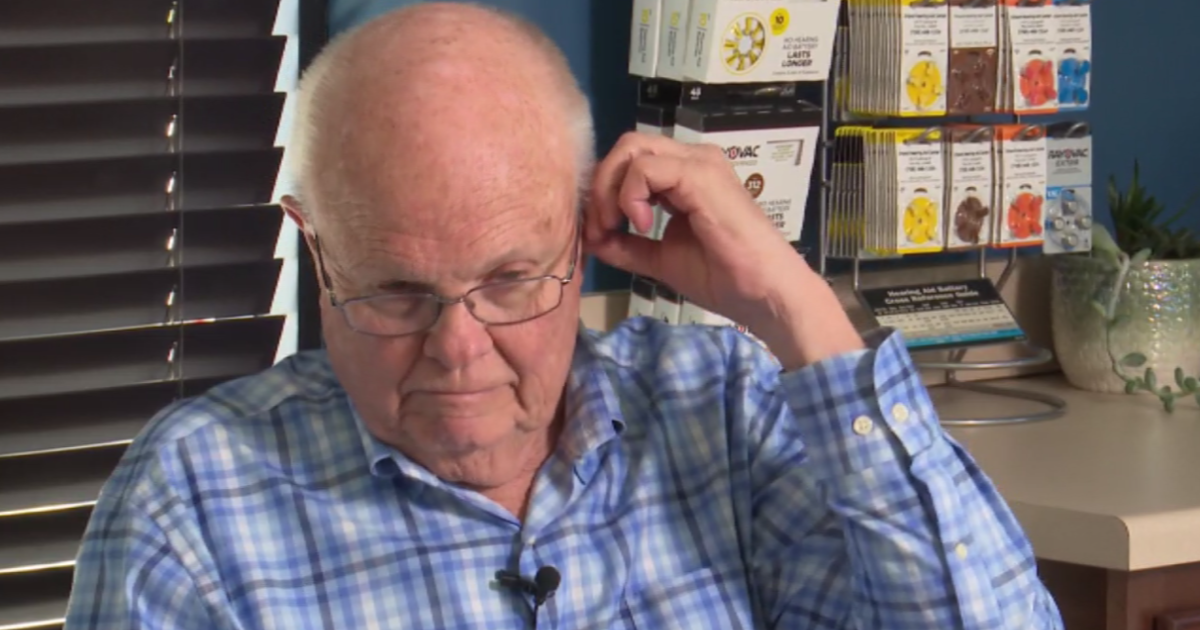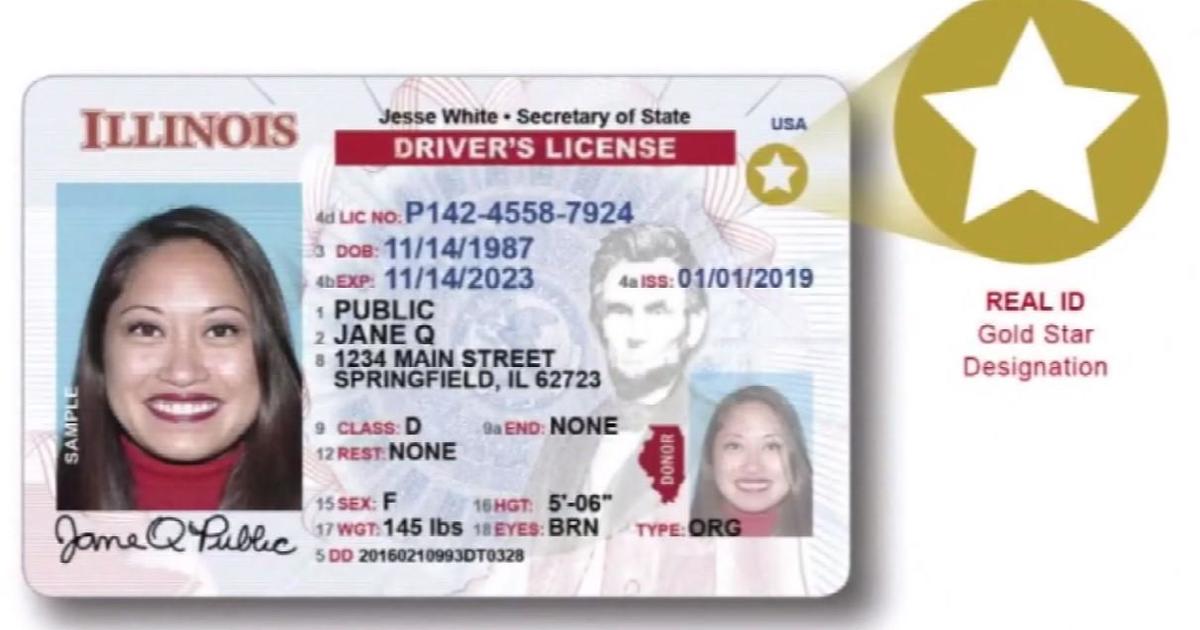How To Say No To Your Teen, And Stick To It
CHICAGO (CBS) -- Remember the good old days, when all you had to do was say, "No," and your little one obeyed immediately?
The word, "No," is probably one of the first your kids learned.
But just like those pudgy cheeks, those days are gone once they become teenagers.
CBS 2's Roseanne Tellez has this advice for saying, "No," to your teenager, and sticking to it.
"They're going to try on new identities. and so they're going to challenge you more," said Dr. Sharon Hirsch, director of adolescent and child psychiatry at the University of Chicago Medical Center. "Typically you hear about battles over clothing, makeup, staying out late, who people date, do they get to text."
The biggest battles may be over material possessions. Parents say it's sometimes hard to say no.
That issue is something the Lucia family can relate to.
"This is a big, big pressure," said Tom Lucia. "You know, 'Everyone has it, so why can't I.'"
"I really want an iPod Touch," said his daughter, Mary Kay Lucia. "But there's, like, iTunes and it's, like, a dollar a song and it usually costs like $30 a month to get it, so I know that's a lot of money."
Other teens we talked to say they're very persuasive.
"It's not hard to get (my mother) to cave," daughter Sharon Abron said. "She's pretty easy."
It's not always easy to lay down the law.
"When your child is good, open with you, and does the right things, you know 90 percent, 95 percent of the time, it is hard," said Lois Lucia.
But everyone draws a line somewhere.
"She asked me if she could get her belly button pierced," Lois Lucia said.
The answer was a resounding no.
"When you say no, you have to mean No," Hirsch said.
Here are some tips:
1) No means no: Don't even allow your teenager to question a "no."
"And be very specific: 'If you ask me again, you will lose your iTouch and you will lose your iTouch for the rest of the night,'" Hirsch said.
2) You have to follow through, or your child wont' be deterred.
3) Be reasonable: Grounding for two weeks is a lot. Maybe two days is a better idea so you can enforce it.
4) Compromise and find was to do so. Teens do need some independence.
For one example f your child wants to go to a concert an hour away with friends, maybe you let them, with the agreement that someone older tags along.
What's the key to getting your parents to compromise?
"I think we have a really good relationship, and as long as I'm not yelling and screaming when I don't get my way, they work around what I want," said daughter Amy Lucia.
5) Remember you're not your child's friend. Dr. Hirsch says stay calm when you're saying no but stick to your guns and remember you're the parent and they need your guidance.



